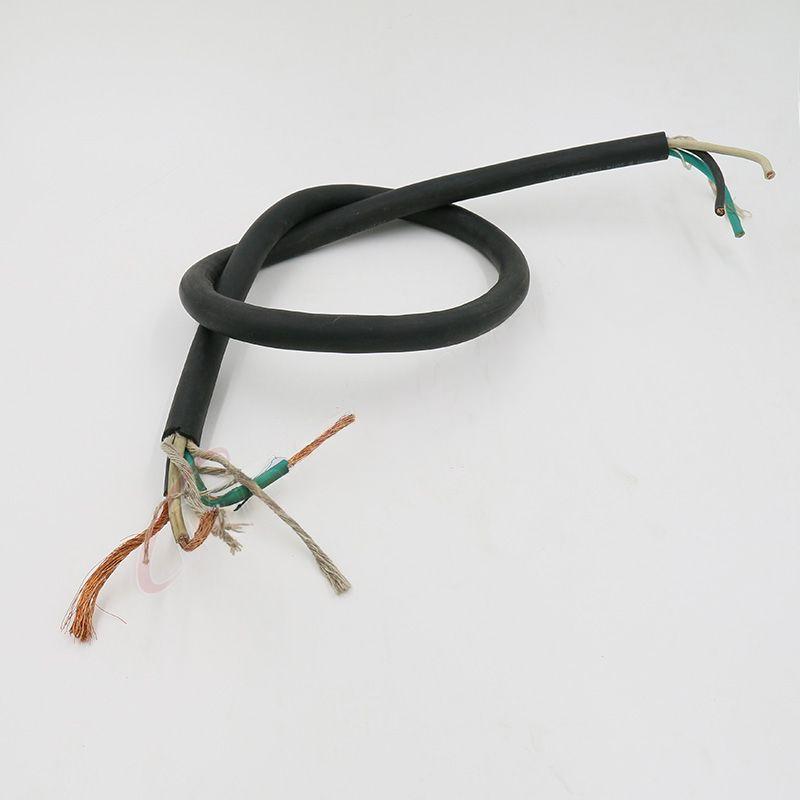Set . 25, 2024 08:00 Back to list
Overview of Actuated Gate Valve Mechanisms and Applications in Modern Systems
The Importance of Actuated Gate Valves in Modern Industries
Actuated gate valves are essential components in various industrial applications, playing a crucial role in controlling the flow of liquids and gases. These valves operate through a mechanical actuator that opens and closes the valve by raising or lowering a gate, providing a full bore flow path when opened, which minimizes resistance and pressure drop.
One of the key advantages of actuated gate valves is their ability to handle high volumes of fluid with minimal turbulence. This makes them particularly effective in pipelines where a straight flow path is critical. They are commonly used in applications such as water treatment plants, oil and gas exploration, and chemical processing, where efficient fluid control is paramount.
The actuator, which can be pneumatic, hydraulic, or electric, enhances the functionality of the gate valve by allowing for remote operation. This feature is particularly beneficial in large facilities or hazardous environments where manual operation may be impractical or unsafe. Operating a valve remotely can significantly enhance safety and efficiency, reducing the risk of accidents or spills.
In terms of design, gate valves are available in various materials, including stainless steel, plastic, and bronze, allowing them to be suitable for different media. For example, stainless steel actuated gate valves are often employed in corrosive environments due to their resistance to rust and degradation. Conversely, plastic options may be used in less demanding applications where weight and cost considerations are critical.
actuated gate valve

The installation process of actuated gate valves is relatively straightforward, but it does require careful consideration of mounting and alignment to ensure optimal function
. Regular maintenance is also crucial; operators need to check the actuator and valve components periodically for wear and tear, ensuring the system remains reliable and efficient.Moreover, advancements in valve technology have led to the development of smart actuated gate valves equipped with sensors and monitoring systems. These intelligent systems provide real-time data on valve operation, flow rates, and potential leaks, enabling proactive maintenance and reducing downtime. This technology not only enhances operational efficiency but also contributes to overall environmental sustainability by minimizing the risk of unintentional discharges.
Another important aspect of actuated gate valves is their versatility. They can be configured for various control methods, including on/off control, modulating flow, or even as part of complex automated systems in conjunction with Supervisory Control and Data Acquisition (SCADA) systems. This versatility makes actuated gate valves a preferred choice for industries where precise flow control is necessary.
In conclusion, actuated gate valves play a pivotal role in the seamless operation of numerous industrial processes. Their ability to facilitate high-flow efficiency, remote operation, and integration with modern monitoring systems highlights their significance in achieving operational excellence. As industries continue to evolve, the implementation of advanced valve technologies will be central to enhancing safety, efficiency, and sustainability in fluid management systems.
Share
-
Reliable Wafer Type Butterfly Valves for Every IndustryNewsJul.25,2025
-
Reliable Flow Control Begins with the Right Ball Check ValveNewsJul.25,2025
-
Precision Flow Control Starts with Quality ValvesNewsJul.25,2025
-
Industrial Flow Control ReliabilityNewsJul.25,2025
-
Engineered for Efficiency Gate Valves That Power Industrial PerformanceNewsJul.25,2025
-
Empowering Infrastructure Through Quality ManufacturingNewsJul.25,2025